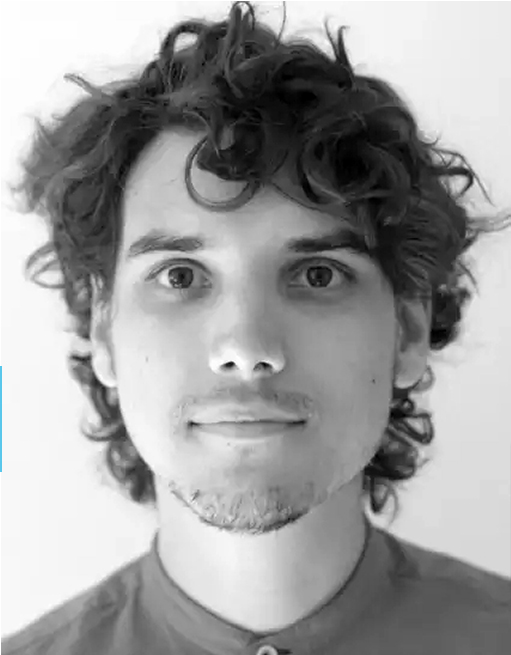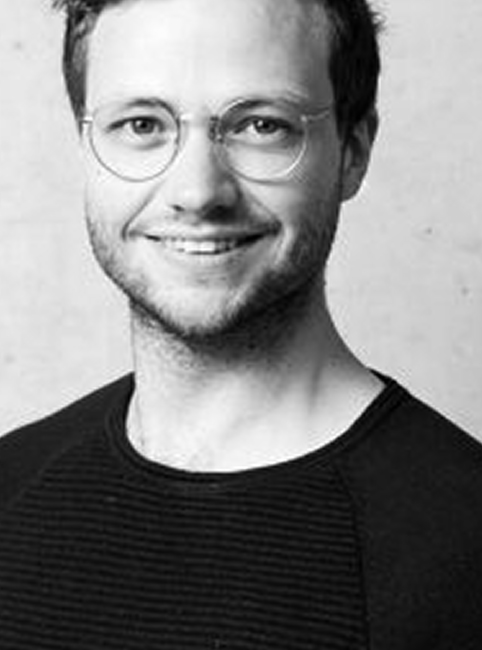Collective Behaviour - Summer Seminar Series 2022
Wise or mad crowds? How individual-level cognition shapes collective dynamics.

Speaker:
Dr. Alan N. Tump (MPIB Berlin)
Across a range of social settings, from pedestrians crossing the street and investors in the stock market, to animals escaping predation, individuals observe the choices of others to inform their own behaviour. A key component of these dynamic systems is that individuals make decisions sequentially, creating opportunities for herding behavior through social reinforcement whereby fast-deciding individuals typically play a crucial role in the evolving collective dynamic. Thus, to understand how information cascades through social systems, it is essential to capture the temporal dynamics of the decision-making process. In his talk, Alan N. Tump will introduce the social drift-diffusion model (DDM) as a framework which allows capturing these dynamics by uncovering the strategies underlying the integration of personal and social information dynamically over time. He will show why these strategies often allow groups to benefit from social information exchange and why they sometimes fail.
Alan Novaes Tump is a postdoctoral researcher at the Max Planck Institute for Human Development and the Excellence Cluster "Science of Intelligence" where he works at the interface of behavioural ecology, cognitive science and collective behaviour. He seeks to understand how individual decision-making processes shape collective dynamics by combining empirical approaches such as cognitive modelling with agent-based simulations and evolutionary models.

Social information use in collective foraging.
Speaker:
Dr. Dominik Deffner (MPIB Berlin)
Intelligent behavior not only emerges from individual-level cognition, but also from collective computations occurring among groups of interacting agents. A fundamental challenge in collective problem solving is the
integration of personal and social information. Relying too heavily on personal information prevents the spread of useful information among group members, whereas relying too heavily on social information may reduce
independent tracking of the environment. Here we investigate this key process by studying how human collectives dynamically balance personal and social information use across different environments to achieve collective intelligence. I will present work on social information use in collective foraging across three different systems, 1) agent-based simulations, 2) human experiments in virtual games, and 3) ice-fishing competitions in Finland. In concert, these approaches will help us better understand the strategies and fundamental trade-offs underlying social information use and to identify the conditions that favor (or prevent) the emergence of collective intelligence in spatial search.
Dominik Deffner is a evolutionary and computational behavioral scientist with training in psychology, biology and anthropology. His research broadly focuses on the individual-level cognitive processes and population-level social dynamics underlying collective adaptation and cultural evolution. He mostly uses behavioral group experiments, computational and statistical modeling as well as formal mathematical theory to better understand emerging collective dynamics and the unique adaptability of our species.
Datum: 2022-07-05
